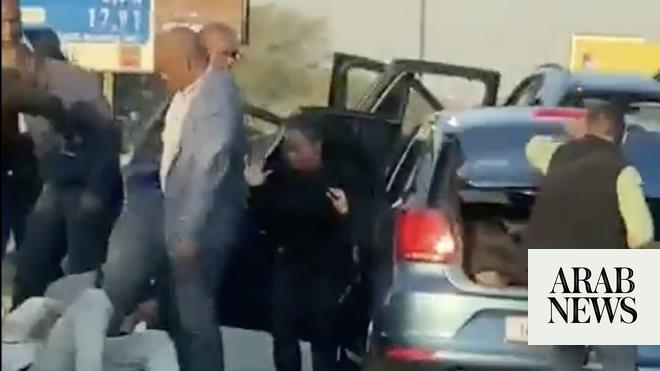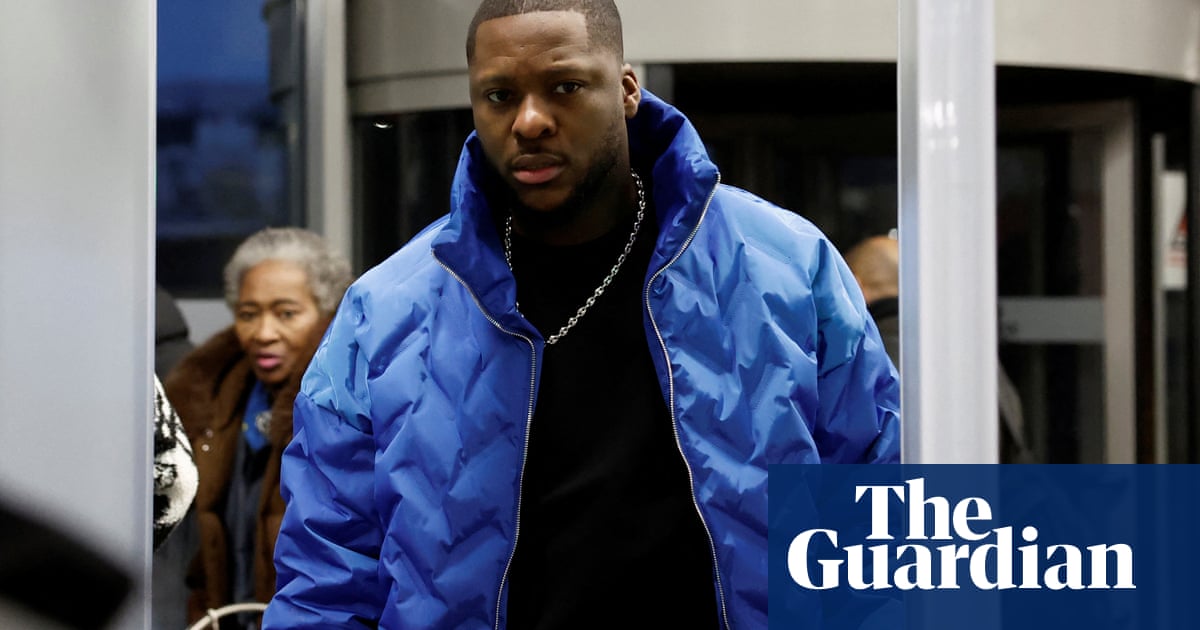
The former cabinet minister Peter Hain has accused undercover police officers of lying in their secret reports about the campaign he and others ran against apartheid and racism.
The Labour politician told a public inquiry the officers “very rarely told the truth” and exaggerated the threat of violence posed by the campaigners in what he called “straight lies and pernicious smears”.
He repeatedly accused police spies of fabricating their reports on him and the other protesters in order to “justify their role or potentially to damage their targets, like me”.
On Friday, Hain became the first politician to give evidence to the public inquiry looking into the use of undercover police to spy on more than 1,000 political groups since 1968.
The inquiry, headed by former judge Sir John Mitting, has released to Hain 70 secret reports that detail how at least six undercover officers spied on him between 1969 and 1994 while he campaigned against apartheid and racism.
The surveillance included spying on private political meetings held at his parents’ home.
Hain, who went on to sit in the cabinet and authorise the deployment of undercover officers against terrorists, made a scathing attack on the “staggering scale” of the covert monitoring of peaceful protesters, calling it “reprehensible, pointless and a massive waste of police resources”.
The last of the secret reports, three years after he had been elected to parliament, contained a list of the national executive of an anti-racist campaign, the Anti-Nazi League, on which he sat.
Hain, 71, is a peer and privy councillor after spending 24 years as an MP. During his time in the Commons, he was a member of the cabinet for seven years and a minister for a further five years in a series of Whitehall departments, including Northern Ireland and the Foreign Office.
The inquiry is also investigating a claim that an undercover officer described Hain as a “South African terrorist” in a 2003 secret report while he was in government.
Hain told the inquiry he was put under surveillance by the police when he was a “political activist, involved in non-violent activities and organising against some of the most appalling and abhorrent manifestations of racism and prejudice that existed during the 20th century, in particular the apartheid regime in South Africa”.
He accused the British police spies of “putting themselves of the wrong side of history” by infiltrating anti-apartheid campaigners, when instead they should have been investigating violent acts carried out in London by the South African state. He said the South African and British police worked hand in glove with each other.
His family was forced from South Africa into exile in Britain in 1966 because of their political activities.
Hain came to prominence in 1969 as part of the campaign against South African sports tours of Britain. He accused undercover officers of embellishing their reports about peaceful campaigners to portray them as violent.
Other reports logged his involvement in public meetings of the anti-apartheid movement in the 1970s. The number plates of cars belonging to campaigners who attended the gatherings were also noted down.
Hain said he was also struck “by the pointlessness of undercover officers attending, reporting on and keeping reports of these meetings. The anti-apartheid movement was a mainstream democratic organisation, rather than one focused on protest.” Its leaders included bishops, he said.
The police spies also recorded the names of MPs who spoke at the movement’s conferences. “As a parliamentarian and former senior minister of government, this minute detail into the surveillance of legitimate activities of MPs is striking,” he said.
The spies also monitored Hain’s activities between 1972 and 1975 while he was a member of the Young Liberals, then the youth wing of a mainstream political party. They reported details of small private meetings of this group and anti-apartheid campaigners that were held at his parents’ home, where he also lived.
He added that undercover operations to arrest organised criminals, drug gangs and terrorists were justified. He said that while he was in government he was given access to “very sensitive intelligence” when he approved covert surveillance to foil Islamic terrorists.
“But undercover policing, entailing the expenditure of huge resources (presumably millions of pounds) over decades, involving spying on perfectly legitimate political and protest activity, is reprehensible”.
The inquiry continues.












